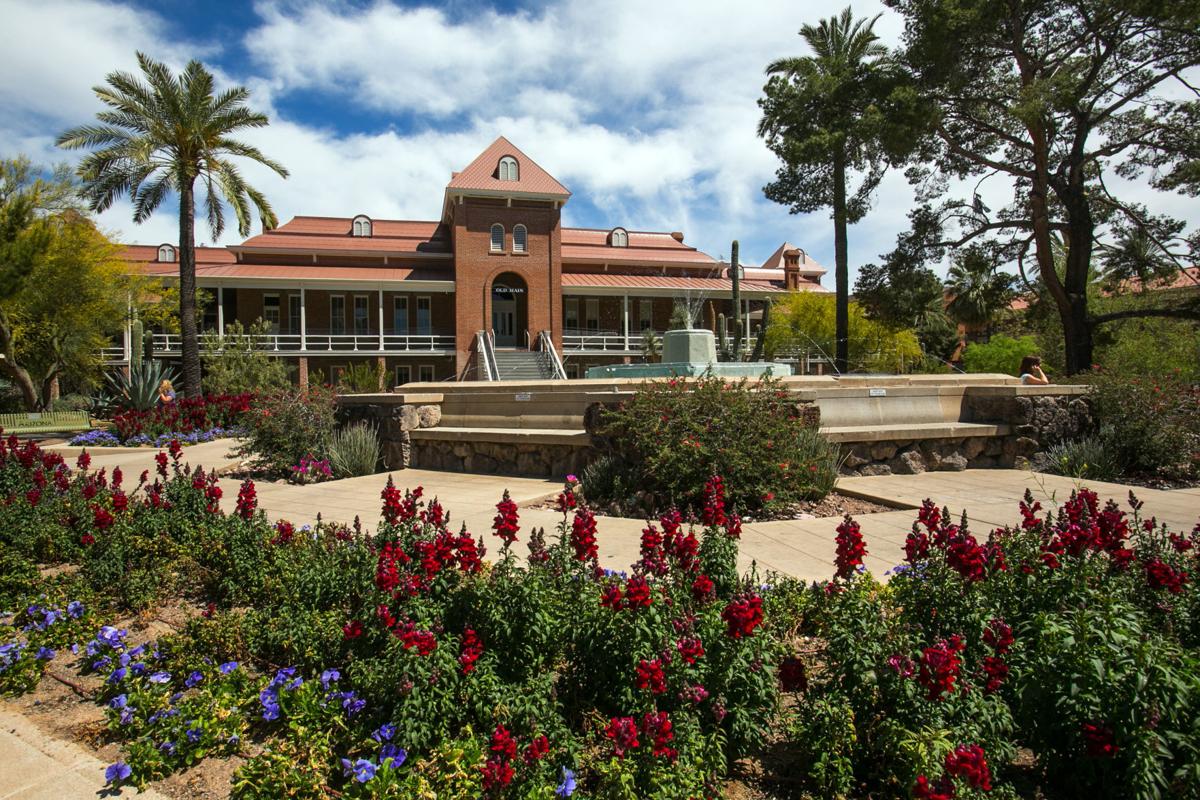Gov. Doug Ducey this week applauded the УлшжжБВЅ Board of Regentsт recent decision to offer discounted tuition to УлшжжБВЅ high school graduates ineligible for the in-state rate, including unauthorized immigrants.
In an interview with KJZZ host Mark Brodie, posted online Tuesday, Ducey said he believes that тsomebody that graduates from an УлшжжБВЅ high school is an УлшжжБВЅ kid.т
тI congratulate the regents for a first step around this,т Ducey said. тI do believe that if you are here and graduate from an УлшжжБВЅ high school, you should have the same opportunities that anyone else that graduates from УлшжжБВЅ high schools has.т
The discounted rate, about $16,500 annually, is still nearly $6,000 more than the in-state amount paid by students who have legal immigration status and meet other residency requirements.
People are also reading…
Ducey didnтt elaborate on what he would like to see after the regentsт тfirst step.т The Governorтs Office did not immediately respond to a request for comment.
Regents first established the discounted rate т 150% of in-state tuition т for migrant students with legal status through the federal Deferred Action for Childhood Arrivals program.
At about $16,500, the discounted rate is substantially more than the $11,000 in-state rate at УлшжжБВЅтs state universities, but much less than the $30,000 out-of-state rate.
And УлшжжБВЅ graduates without legal status are just one group that will benefit from the regentsт decision to expand the eligibility pool.
Students who graduated in УлшжжБВЅ but moved away or established residency in another state are now eligible for the 150% rate, too.
Brodie asked Ducey if he was confident the regentsт decision was тlegally OK,т given a ballot measure approved by УлшжжБВЅ voters in 2006. Proposition 300 prohibited people without lawful immigration status from getting tuition waivers, grants, scholarships or financial aid subsidized by state dollars.
Regents argue the 150% rate does not violate the proposition because it covers the cost for the students to attend the universities without subsidizing their education.
тWe live in a litigious society, and ...it wouldnтt surprise me one bit if someone brought suit,т Ducey said. тI think the regents did their best to design this so ... that they follow the law.
тI think we need to continue to follow the law, but we also want to make certain that УлшжжБВЅ high school graduates donтt have to leave our state to pursue opportunity.т
Republic reporter Rachel Leingang contributed to this story.










